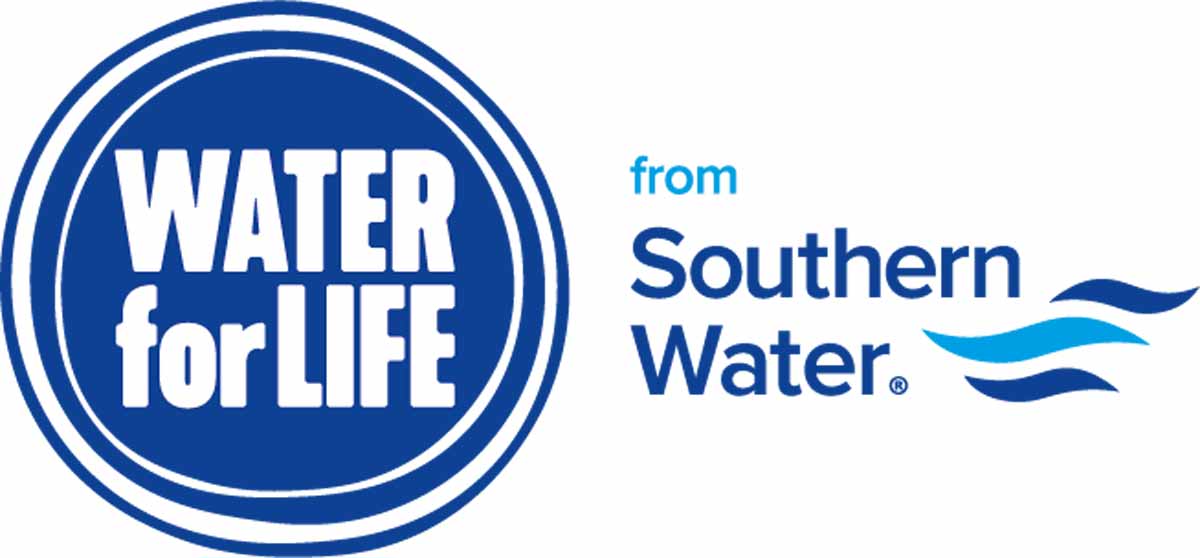The government has declared a drought in 8 out of 14 of the water areas in England as a result of the prolonged dry weather we have experienced for much of this year, and particularly in July and August.
However, the drought declaration leaves many confused as some water companies within the drought-affected areas have not implemented even the most basic measures of hosepipe bans.
Country is poorly prepared
The Climate Crisis means we can expect these drier, hotter summers to become the norm, and The Rivers Trust is very concerned that we still appear to be poorly prepared for these conditions, despite the clear warnings from climate scientists.
Christine Colvin, Advocacy & Engagement Director at The Rivers Trust, says: “We are concerned that our current drought plans still reflect what might have worked in the past, but are not necessarily what we need for a future climate. We still do not have use restrictions in some areas where a drought has been declared, and this undermines public understanding of what they should do in a drought. On the one hand, we are still seeing slow implementation of hosepipe bans in some areas, and no requirements for demand management in others. Government and water companies are not acting fast enough, and we’re not yet seeing a joined-up response to what is evidently already a disaster in many parts of the country. And on the other hand, we’re still not seeing long-term thinking and more strategic responses that build a new foundation for a very different future.
“If this drought is a pressure test for our climate readiness, we’re failing.
“We cannot continue to rely on already stressed rivers and aquifers to bail us out in the short term and recover over winter. Of course, we hope this will happen, and we can hope for the best, but we need to plan for the worst. This isn’t happening yet.”
Joined up responses by government needed
To tackle this grave issue, The Rivers Trust is calling for:
- Joined up responses by government – much faster and more consistent responses to dry periods and drought.
- An urgent, rapid reduction in leaks from water infrastructure – In 2021, 3 billion litres were lost from our water system each day due to leaks. This problem must be taken more seriously and should be tackled much faster.
- Support, incentives, and guidance for households to be able reduce water usage permanently – we want to see much better communication from the Water Companies to help their customers understand what they can do in the short term (cistern displacement devices, leak detection) and incentives for customers to make long term changes, such as the installation of water butts, grey water recycling, low-flush toilets, and water-wise gardening.
- Build Back Wetter – with widespread implementation of sustainable drainage in the country and in our towns – incorporating features such as rain gardens, wetlands, and permeable pavements. Green infrastructure must be hard-wired into levelling up and urban regeneration, as this helps to build up local stores of water in our catchments and aquifers, which can gradually recharge watercourses over time, reducing strain on them during drier months.
Barry Bendall, Operations Director at The Rivers Trust: “Periods of prolonged dry weather in the east of England shine a light on the vulnerability of its rivers resulting from decades of chronic neglect. Society cannot afford to rely on vague response frameworks and the hope of rain. Solutions and commitment to deliver resilience for the region’s rivers and all that they support are urgently required.”
Dr Rob Collins, Director for Science and Policy at The Rivers Trust: “We’re already seeing the impact on one of our famous rivers, the Thames, and we could be doing much more to close the science-policy gap in our drought responses. There are many solutions waiting in the wings which could be implemented by farmers and communities in our catchments, which are not seeing the light of day fast enough.”
